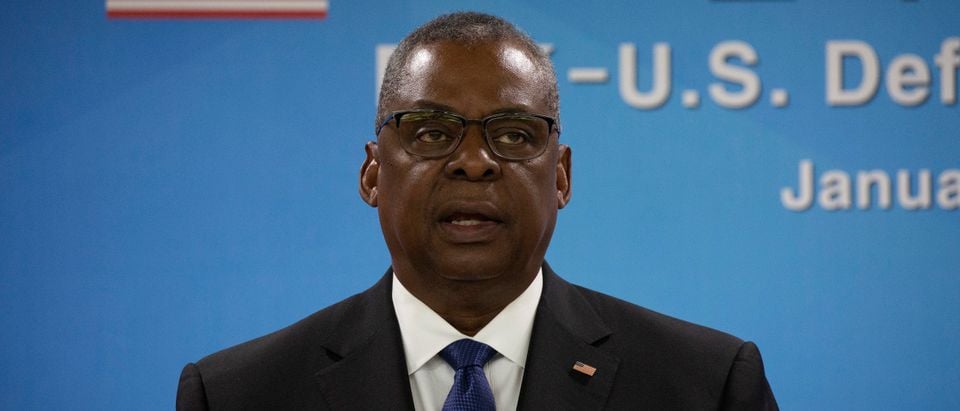Chinese Defense Minister Wei Fenghe declined calls from his American counterpart after an Air Force-22 downed a Chinese spy balloon off the coast of South Carolina on Saturday, creating a “really dangerous” situation, U.S. defense officials said Thursday.
Defense Secretary Lloyd Austin tried to contact Fenghe via a special crisis line, hoping to discuss the situation and hopefully ease tensions, according to the Associated Press. Fenghe declined to take the call after the U.S. Air Force shot balloon down on Feb. 4, the Pentagon said following the incident.
A spokesperson for China’s defense ministry said in a statement Thursday that the minister refused the call because the U.S. had “not created the proper atmosphere,” for the two parties to dialogue and had “seriously violated international norms and set a pernicious precedent,” AP reported.
Chinese leaders are suspicious of U.S. hotlines, the outlet noted, creating breakdowns in communication that U.S. Assistant Secretary of Defense Ely Ratner described as “really dangerous” during a Senate Foreign Relations Committee hearing Thursday.
If this keeps happening, shouldn’t the government know how to deal with it? https://t.co/o6vOcQea28
— Daily Caller (@DailyCaller) February 7, 2023
“On Saturday, 4 February, immediately after taking action to down the PRC balloon, the DOD submitted a request for a secure call between Secretary Austin and PRC Minister of National Defense Wei Fenghe,” Air Force Brig. Gen. Pat Ryder said in a statement Tuesday. “We believe in the importance of maintaining open lines of communication between the United States and the PRC in order to responsibly manage the relationship. Lines between our militaries are particularly important in moments like this. Unfortunately, the PRC has declined our request. Our commitment to open lines of communication will continue.” (RELATED: China Has Completed ‘Dozens’ Of Missions In Massive Spy Balloon Campaign: REPORT)
Due to the balloon incident, the U.S. postponed a relationship-building visit to China by Secretary of State Antony Blinken. The Chinese Communist Party maintains that the balloon was not used for espionage, but for meteorological research.


